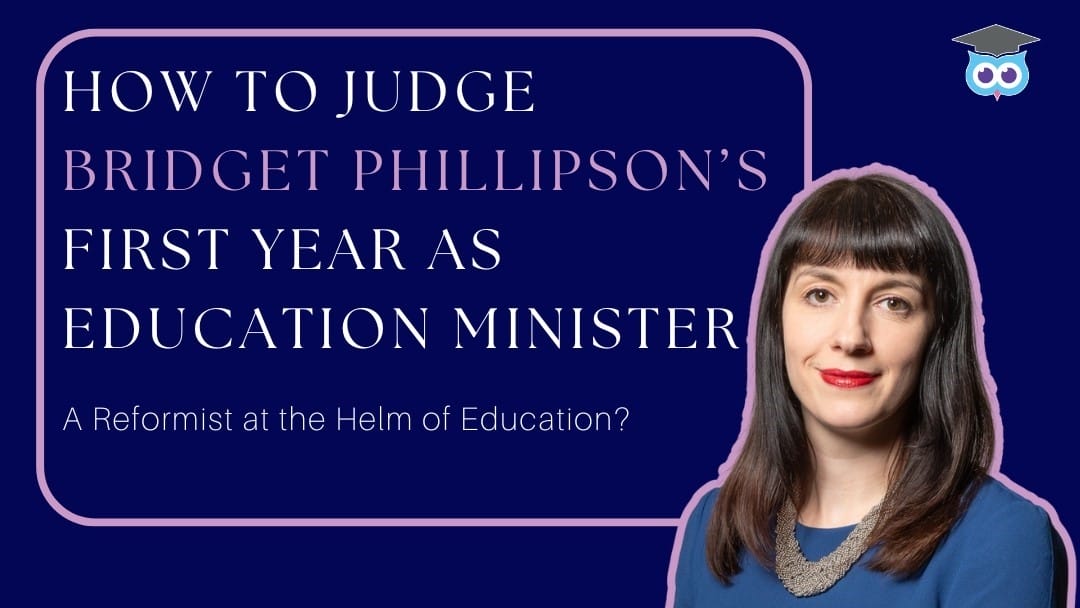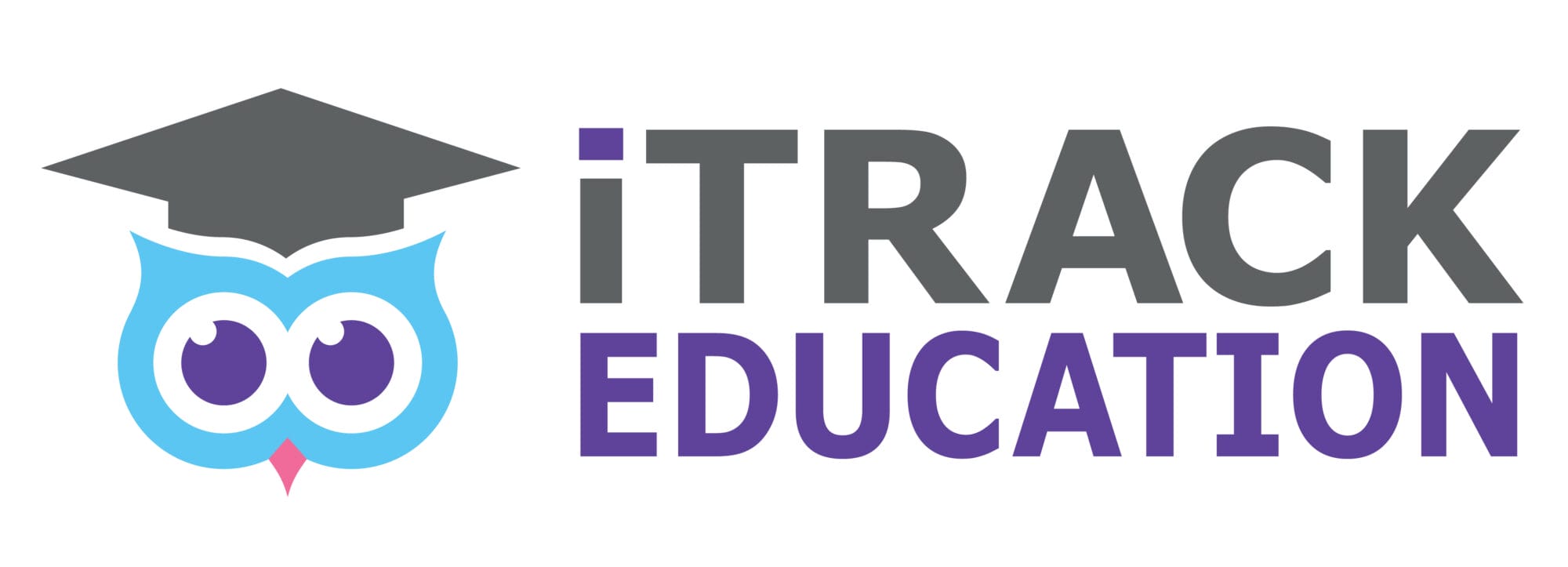
As Bridget Phillipson approaches her one-year milestone as Secretary of State for Education, the landscape of British schooling is undeniably shifting. Whether met with applause or scepticism, her tenure has been defined by a clear sense of direction, unapologetic reformism, and a child-centred vision of what education in Britain should be.
Putting Pupils at the Centre
From the outset, Phillipson has spoken not of schools in the abstract, nor purely of teachers or administrators, but of pupils—their wellbeing, their voices, their futures.
In her first major sector speech, she highlighted a stark truth: too many 15-year-olds don’t feel like they belong at school. She made it clear that for her education is not just about high grades but about:
“Children leaving education healthy, happy, and ready for life.”
This philosophy underpins her flagship initiative: the Children’s Wellbeing and Schools Bill, currently moving through Parliament. Among its key proposals:
- • Free breakfast clubs for all state primary schools
- • A national register for home-schooled children
- • Stronger safeguards and support for children in care
- • A national wellbeing framework embedded in school life
Championing the Pupil’s Voice
Phillipson has made the pupil experience central to her policy outlook. She speaks often about rebuilding trust between schools and families—and ensuring children feel safe, engaged, and valued.
Her critique of reductive accountability measures like one-word Ofsted ratings reflects this vision. Schools, she argues, must be measured not just by academic results, but by how well they support every child’s journey—including those from vulnerable or disadvantaged backgrounds.
Educational suppliers are taking note of her shift in emphasis. My company, iTRACK Education, has just launched two new products to help schools better understand their pupils’ barriers to learning and well-being issues, with more to follow. The new products are online survey’s covering Pupils Attitudes to Learning (PAL) and Happiness and Safety (HANDS) – details at www.itrackeducation.com/surveys
Overhauling Ofsted
In one of the most notable reforms of her first year, Phillipson announced plans to replace single-word Ofsted judgments with a five-tier “report card” system. This would evaluate schools across 10 dimensions, which has now been confirmed by Ofsted and likely to start from November 2025.
The 10 New Ofsted Inspection Categories
Under the new framework, schools will be assessed in the following ten areas:
1. Curriculum – Evaluates the design and implementation of the school’s curriculum
2. Teaching – Assesses the quality and effectiveness of teaching practices
3. Achievement – Measures pupil outcomes and progress
4. Leadership and Governance – Examines the effectiveness of leadership at all levels
5. Behaviour and Values – Reviews student behaviour and the promotion of core values
6. Attendance – Analyzes attendance rates and strategies to improve them
7. Preparation for Next Steps – Assesses how well the school prepares students for future education, employment, or training
8. Opportunities to Thrive – Evaluates the provision of extracurricular and enrichment activities
9. Inclusion and Belonging – Focuses on the support for disadvantaged and vulnerable students, including those with special educational needs and disabilities (SEND)
10. Safeguarding – Assesses the effectiveness of safeguarding measures
Each of these areas will be rated on a five-point scale:
- • Exemplary
- • Strong
- • Secure
- • Attention Needed
- • Causing Concern
Notably, safeguarding will be assessed on a binary scale: “Met” or “Not Met,” reflecting its critical importance.
The move has been welcomed by many in the profession as a step toward fairness and nuance—though some campaigners have argued it doesn’t go far enough in addressing the high-stakes inspection culture.
Curriculum and Assessment Review
In July 2024, Phillipson launched an independent review of England’s curriculum and assessment system, led by Professor Becky Francis. The aim: modernise the curriculum, reduce barriers to achievement, and ensure students are better prepared for life and work.
This review spans Key Stage 1 to Key Stage 5, and could mark the biggest rethink of education content and structure in over a decade.
Welcoming Innovation: AI in Education
Phillipson has shown a progressive stance on AI, seeing its potential to reduce administrative burdens on teachers—especially tasks like marking, feedback, and report writing. In her view, smart deployment of tech could free up more time for teaching and student support.
Reining in Excess in the Academy Sector
One of her more controversial positions has been to tighten regulation of academy trusts. This includes addressing issues like:
- • Excessive executive pay
- • Uneven standards across trusts
- • Inconsistent use of public funds
Supporters see this as essential for transparency; critics, including some academy leaders, accuse her of ideological hostility to the sector.
Challenges Still Looming
No minister escapes the gravity of entrenched problems. Among Phillipson’s hurdles:
- • Teacher recruitment targets—Labour’s pledge to hire 6,500 new teachers has been flagged as ambitious, with the National Audit Office warning of recruitment bottlenecks.
- • SEND system strains—Despite good intentions, the pace of reform has left some families and educators asking for faster action.
- • Mixed responses to Ofsted changes—while many back the shift, others fear it won’t sufficiently reduce pressure or improve wellbeing. There is a significant group of individuals who say Ofsted is rushing the review and, on the current evidence, is likely to end up with an equally as stressful system as the one they are replacing.
Verdict: Progress in Motion
Bridget Phillipson’s first year can be summed up in one word: direction.
She has brought clarity, conviction, and a renewed pupil-first mindset into the heart of education policy. Her emphasis on children’s voice, wellbeing, and engagement is a notable shift from previous regimes focused primarily on metrics and discipline.
Many of her reforms are still in their early stages but if year one was about vision-setting and systemic diagnosis, year two will need to be about delivery and impact.
Whether you agree with her or not, there’s no denying this: Phillipson is making progress—and she intends to see it through.
By Philip Beale, CEO at iTRACK Education

